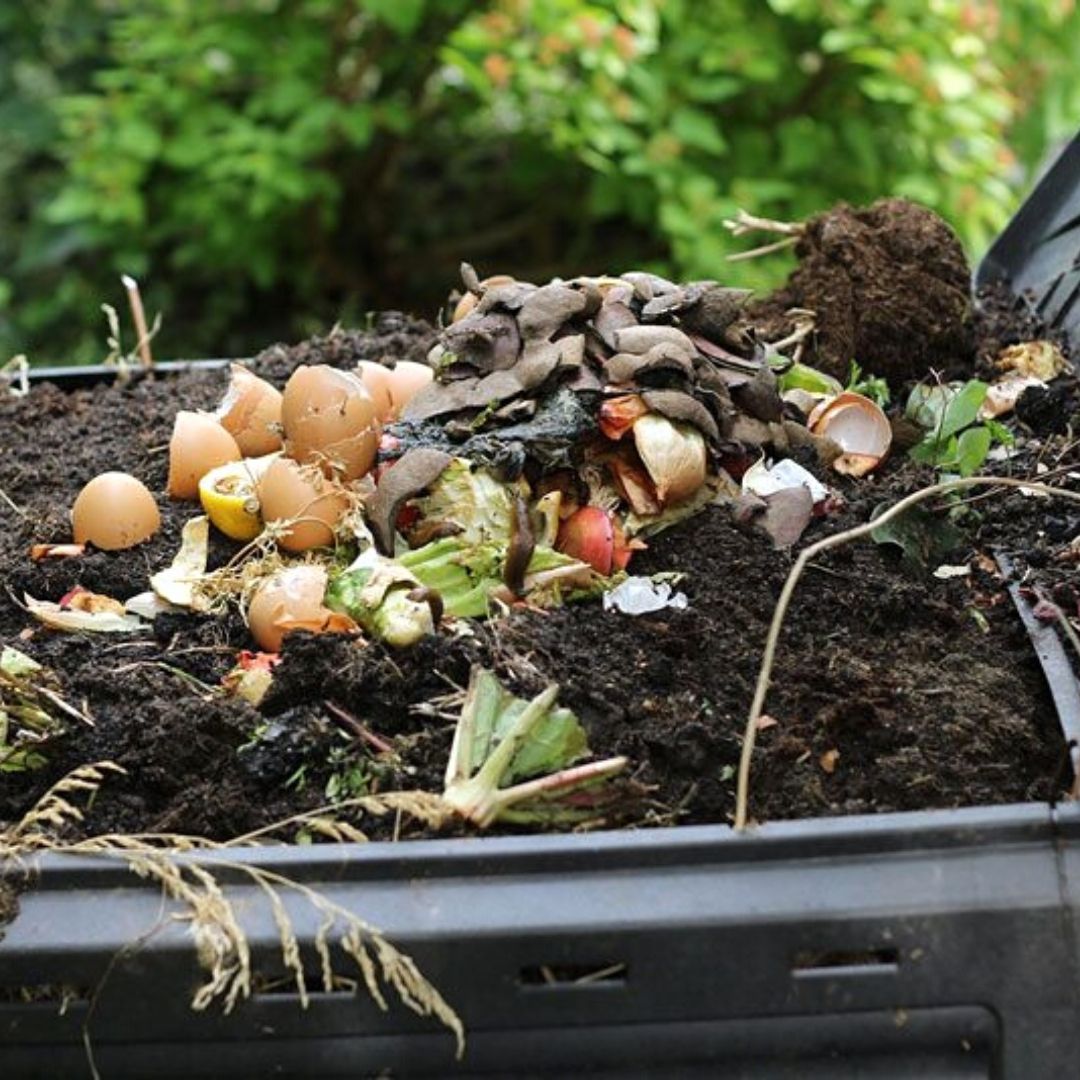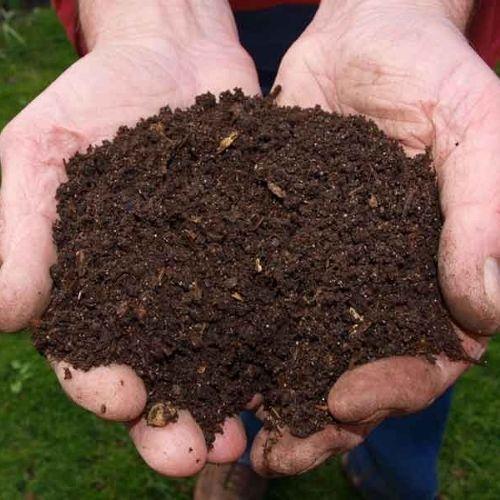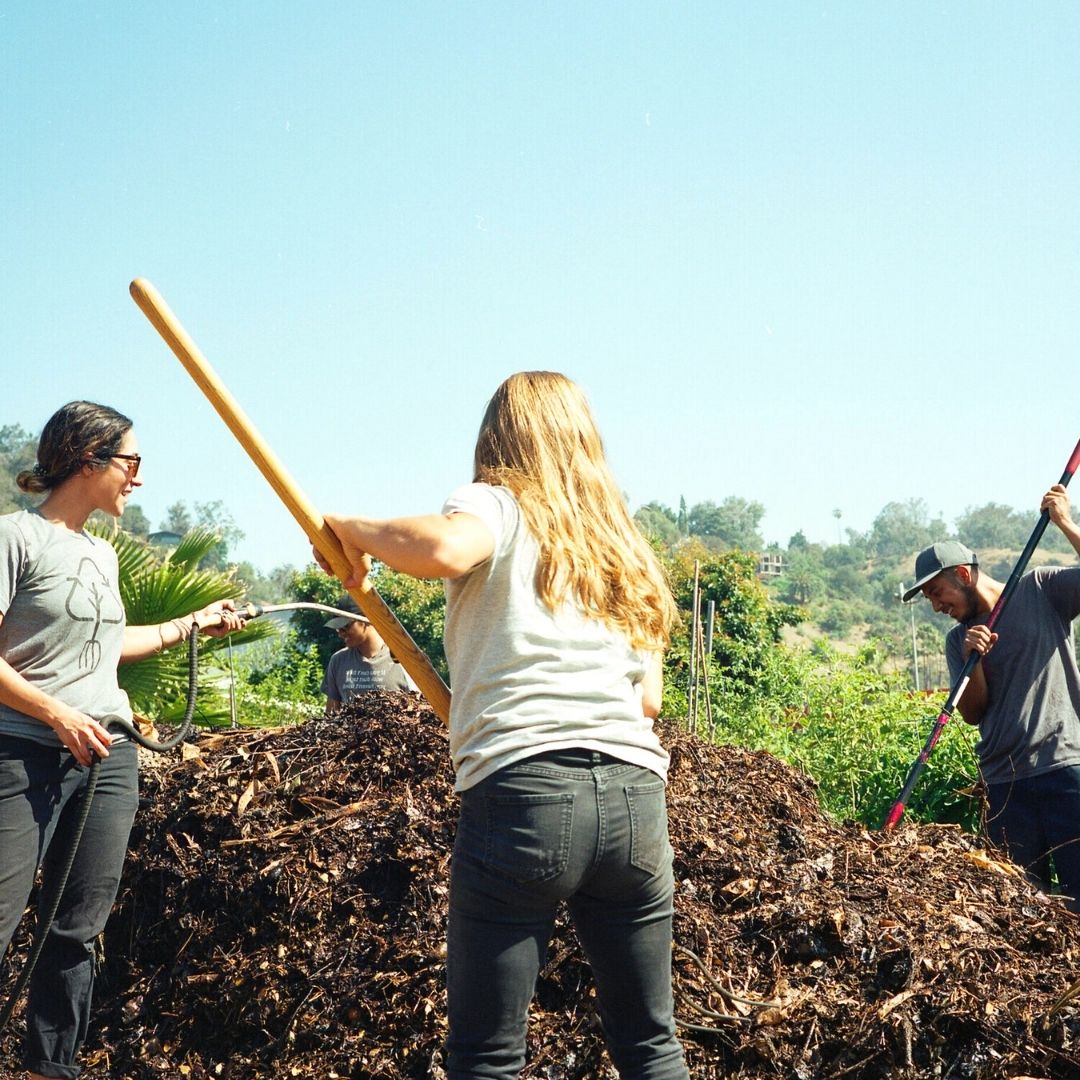2022 marks the start of a new composting mandate in California, which requires all residents to compost their food scraps and compostable packaging! The new law also requires supermarkets to donate surplus food to food rescue organisations.


A New Composting Service Is Rolling Out In California
Californians are undergoing the biggest change to their waste disposal system in recent history! On Jan 1st, 2022, California rolled out the first step of its statewide composting mandate. Senate Bill 1383 requires all businesses and residents to separate their organic waste — food scraps, garden waste, and compostable packaging, from general waste.
The rollout will gradually occur over 2022, with fines only being introduced in 2024. Much like states and local councils here in Australia, each county in California may have slightly different waste disposal rules. In fact, some communities, have been recycling kitchen waste via kerbside green bins for years!
It’s all part of California’s goal to divert 75% of organic waste from landfill by 2025.


What Are The Benefits Of Composting?
Did you know that up to 10% of global greenhouse gas emissions come from food that is grown, but not eaten? When we chuck our uneaten food and scraps into the general waste bin, it ends up in landfill, where the contents rot and release a potent greenhouse gas called methane.
Composting is the process of decomposing organic matter in controlled conditions to produce compost; a nutrient-rich, soil-like substance that can be used for gardening and agriculture!
Composting food scraps and compostable materials is guaranteed to reduce pressure on landfills in California and decrease the state’s greenhouse gas emissions. “It's going to keep millions of tonnes of materials out of landfills,” said Recology’s Robert Reed to ABC7 News.


Businesses In California Must Donate Edible Food To Food Banks
Part of the new composting mandate includes a change to the way edible food is disposed of. From January 2022, the new law requires all supermarkets, grocery stores and other large food providers to donate the edible food they usually would’ve discarded to food rescue organisations and food banks!
Food insecurity is a growing problem in California and beyond. In LA, the rate of homelessness has grown during the pandemic — nowhere more so than Skid Row, a 50-block area in downtown LA, where thousands live on the streets.
Food banks work to get surplus food into the hands of the people that need it the most. That’s why this new law will help to redistribute wholesome, edible food into hungry mouths — instead of landfill.


Community Composting In LA!
There are some companies and nonprofits already doing amazing work to facilitate composting in LA and beyond! LA Compost, created in 2013, is a nonprofit that creates community compost hubs across LA. These hubs are community-run, and the compost is used within the neighbourhoods to enrich the soil of avid gardeners.
Another LA-based company, Compostable, has collected residential food waste bins since 2019. This fantastic pickup service allows LA residents to leave their full bin to be picked up and swapped for a clean one. Super handy for those who don’t have access to composting services.
If you want to start composting in your home, we recommend Urban Composter. These neat little bins are an easy way to deal with food scraps so they don't go into landfill.
We think this new composting law in California is a win-win for all! We love seeing that companies and nonprofits are already doing amazing work to facilitate composting for residents in California. These spaces allow people to connect with each other and engage in the composting process, all while enjoying the benefits of the end product! Positive change always begins at a grassroots level!
For more updates in the world of food waste and composting, please check out our Eco News category and the blogs below.
Compost Connect | Tackling Food Waste In Australia’s Foodservice Industry
‘Loop’ Is Bringing Zero-Waste Shopping To Japan
‘Use It Up!’ | OzHarvest’s New Campaign Tackles Food Waste At Home



